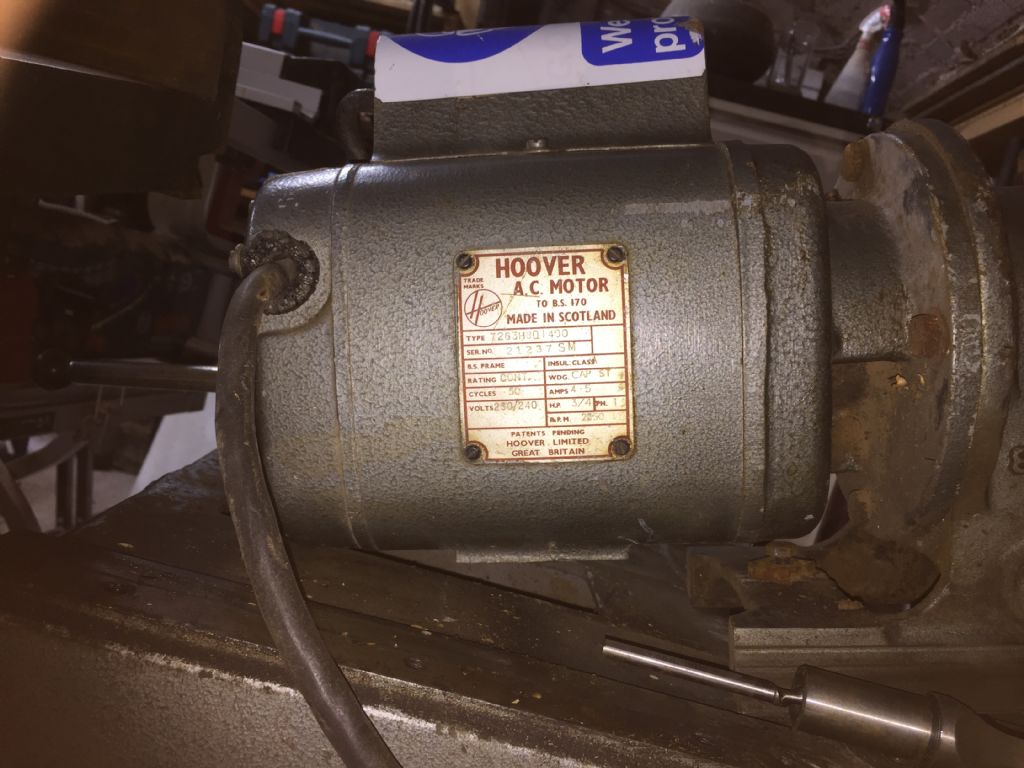Robin, as a qualified electrical engineer and certified PAT tester I would make the following comments, based on the IEE Code of Practice 3rd edition (there is a 4th edition but it won't be different in substance).
It is acceptable to do your earth continuity test with a current as low as 20 to 200 mA. This is described as a 'soft test'. The acceptable resistance is 0.1 ohms PLUS "the resistance of the protective conductor of the supply cord". (The pass/fail threshold in most PAT testing kit is a generic number set for average conditions.) Obviously you will want to clean and check any connections, including inside the plug (a check which many technicians omit) and remove any oxidation on the plug pins which can cause a high reading. You should also wiggle the cord about while testing to check for broken conductors. I would be perfectly happy to accept the reading of an ordinary multimeter on this. Incidentally, a smear of petroleum jelly can work wonders on poor contacts. Ordinary grease is not recommended because it can be acidic, though it has never caused me any problems.
As for the insulation resistance, in PAT terms yours is a Class 1 equipment. Yes, the test should be carried out at 500 volts, but again for my own purposes I would be happy to accept the reading from a multimeter. The minimum acceptable insulation resistance for this class of equipment is 1.0 megohm, and your reading shows well above this.
From your description I would have no hesitation in plugging it in and letting it run. I would run it unloaded for a couple of hours and measure insulation resistance again. If there was any moisture in the windings, the resistance will increase as the motor warms through from the inside. I recently treated a 1920s repulsion motor this way and the insulation resistance increased from 0.7 to 37 megohms after several hours' running, converting a fail to a solid pass.
Electricity is only dangerous if it gets in the wrong places. Don't touch exposed metalwork while testing, make sure your hands are dry and you're standing on a dry floor, keep one hand in your pocket while things are live (so there's no possibility of a return path through your heart).
What I have said is what I would accept for my own purposes, not what I would do for equipment to be used in public places. Remember that my advice is worth exactly as much as you paid for it. Be sensible.
George
Georgineer.





